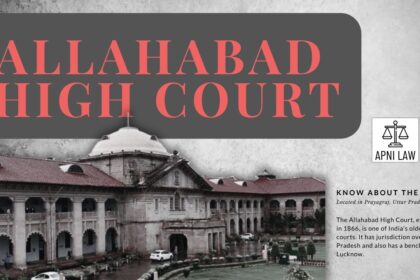In the wake of the tragic rape and murder of a female resident doctor at Kolkata’s RG Kar Medical College and Hospital, the Federation of Association of Medical Consultants of India (FAMCI) has filed an intervention in the ongoing suo motu case taken up by the Supreme Court. The federation has raised significant concerns over the safety of medical professionals across India. Thus, citing the absence of centralised laws and uniform safety protocols as major contributing factors.
The Supreme Court was led by Chief Justice DY Chandrachud and Justices JB Pardiwala and Manoj Misra. They were scheduled to hear the case on Tuesday, August 20. The incident, which has shocked the nation, has brought to light the persistent safety issues. The issues mainly faced by healthcare workers in India.
FAMCI’s intervention highlights the lack of effective safety measures despite repeated demands over the years. While the Union Ministry of Health & Family Welfare has issued advisories aimed at curbing violence against medical professionals, these guidelines have not been uniformly implemented, leaving many healthcare workers vulnerable.
During trial
Among the measures suggested by the advisories are the deployment of designated security forces in sensitive hospital areas, installation of CCTV cameras, the establishment of quick response teams, and restrictions on unauthorised entry into hospital premises. The advisories also recommend the appointment of a Nodal Officer to monitor medical negligence and the filling of vacant positions to reduce the burden on existing staff.
FAMCI’s plea emphasises the urgent need for stringent, uniform guidelines that would be applicable nationwide. The organisation argues that centralised safety policies would ensure consistent protection for healthcare workers across all states and medical institutions, addressing the varying levels of safety that currently exist.
The federation also calls for legislation that would impose severe penalties for violence against healthcare workers. They suggest regular audits to ensure compliance with safety protocols and propose several reforms to improve working conditions, such as enhanced security measures, better facilities for junior doctors and nurses, and the establishment of training programs for conflict de-escalation.
More
Furthermore, the federation recommends the classification of resident doctors and government hospital doctors as “Public Servants,”. The mandatory establishment of police outposts within hospital premises, and the creation of a central helpline. This allows for reporting incidents of violence. They also propose the implementation of airport-like security protocols in hospitals. This includes the use of panic buttons, CCTV surveillance, and well-trained security personnel.
The intervention comes after the Supreme Court had previously refused to entertain a petition. It was from the Delhi Medical Association seeking similar protective measures. This cited the existing legislation. The case continues to draw widespread attention as the Central Bureau of Investigation (CBI) takes over the investigation. It was followed by the Calcutta High Court’s order expressing dissatisfaction with the Kolkata Police’s handling of the case.
The nation awaits the Supreme Court’s decision. The tragic incident at RG Kar Hospital serves as a stark reminder of the urgent need for stronger safety measures. This is to protect those on the front lines of healthcare in India.








